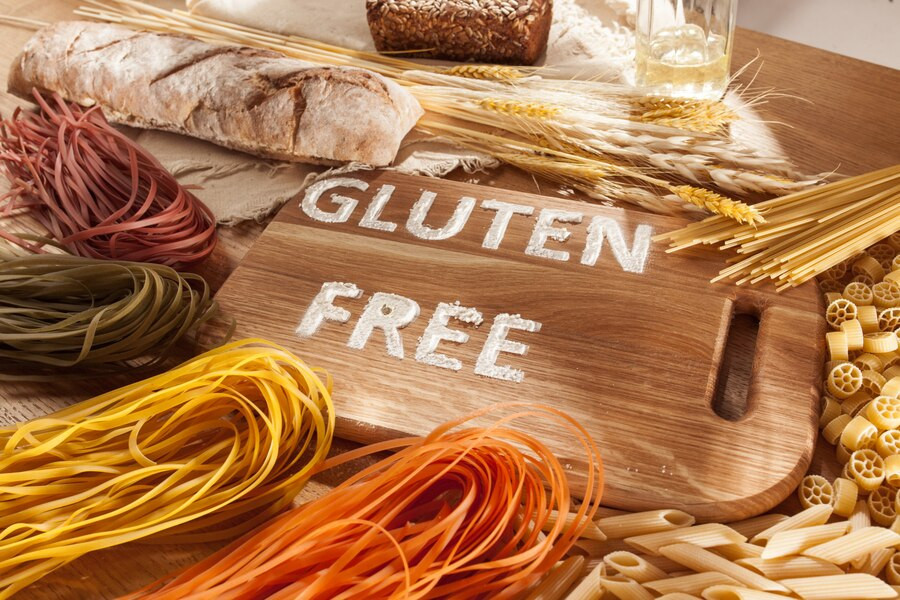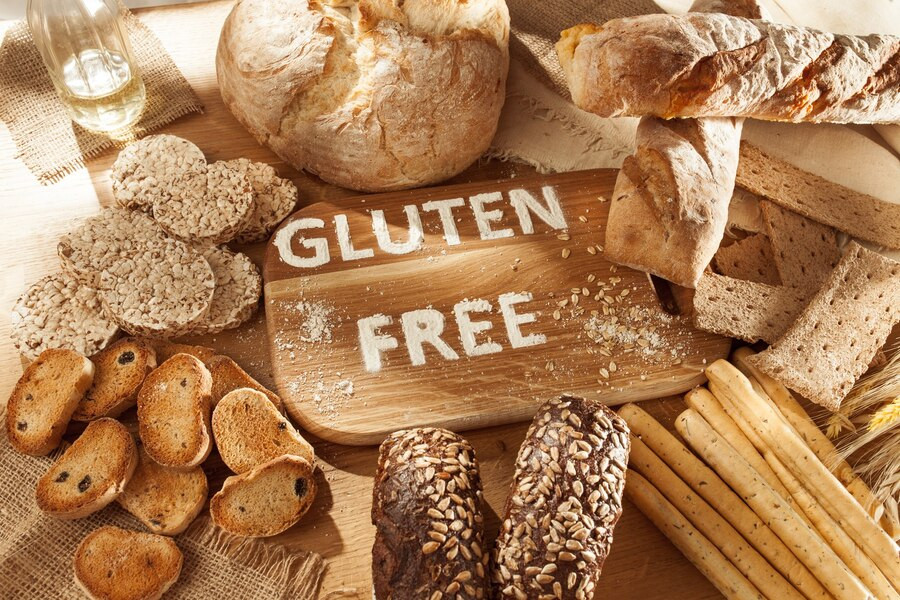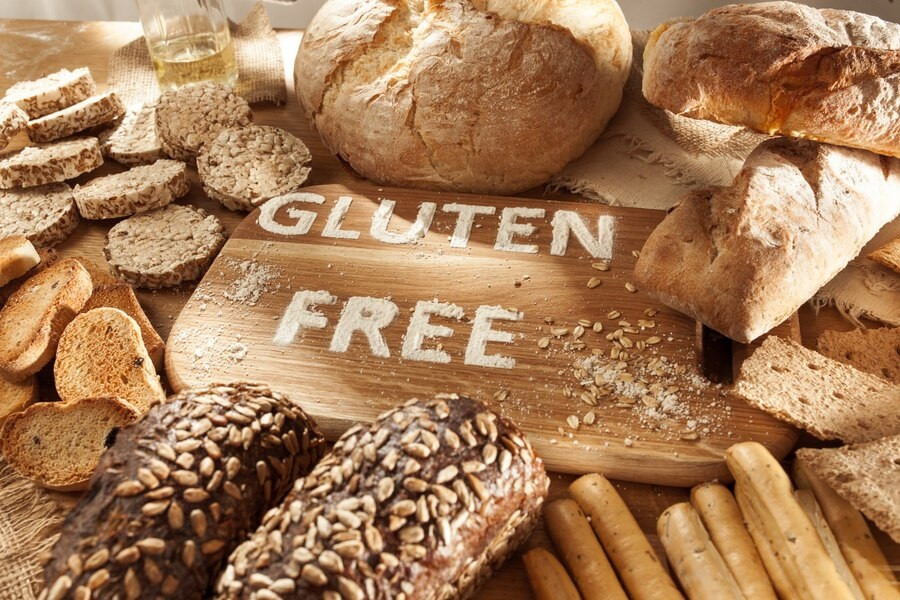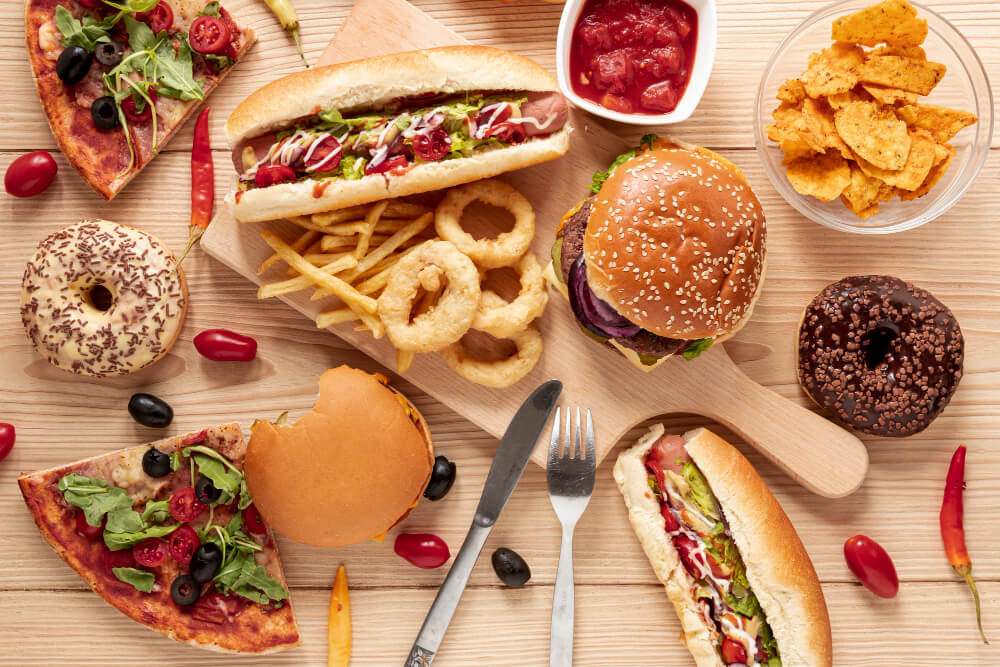Celiac disease is an autoimmune disorder that leads to damage in the small intestine when individuals affected by it consume gluten-containing foods. For those with this condition, eating gluten results in harm to the small intestine, impairing nutrient absorption.
Gluten is a protein found in wheat, barley, and rye. The only effective way to manage Celiac disease and avoid long-term complications is by adhering to a strict gluten-free diet.
Why Must People with Celiac Disease Avoid Gluten?
In individuals with Celiac disease, gluten triggers an autoimmune response that harms the lining of the small intestine. This damage hinders the body's ability to absorb nutrients and can lead to malnutrition. Additionally, it can cause digestive symptoms and other health issues.
If not properly managed, Celiac disease can lead to serious complications such as osteoporosis, anemia, and a higher risk of developing small intestine cancer.
Celiac Disease Diet Guidelines
Eliminating gluten entirely is crucial to prevent further intestinal damage and reduce symptoms like diarrhea, bloating, stomach pain, and constipation. Follow these dietary guidelines for managing Celiac disease:
Avoid gluten
Certain foods naturally contain gluten, while others may have gluten introduced during processing. It is important to avoid foods like wheat flour, bread, cereal, beer, canned soups, processed foods, instant sauces, and certain processed meats.
Additionally, people with Celiac disease should be cautious of potential gluten contamination in products like oats, which are gluten-free but can be cross-contaminated during production alongside wheat.
Focus on Nutrient-Rich Foods
Even with the many restrictions of a gluten-free diet, it’s essential to still obtain vital nutrients from food. Opt for safe, nutritious options such as:
- Fresh fruits and vegetables
- Unprocessed meats, fish, and eggs that haven't been seasoned with gluten-containing ingredients
- Dairy products like milk, cheese, and yogurt are typically gluten-free, but always verify the label to ensure they're safe
- Gluten-free grains such as quinoa, rice, corn, sorghum, millet, and buckwheat
- Flour alternatives like almond, coconut, or rice flour, which are excellent substitutes for wheat flour
Check Food Labels
Reading labels carefully is key to maintaining a gluten-free diet. Always verify if the food you're planning to consume contains gluten.
Certain products may have hidden gluten in ingredients such as emulsifiers, stabilizers, or flavorings. Choose products that are specifically labeled "gluten-free" for peace of mind.
Communicating at Restaurants
When dining out, ensure you inform the staff about your need for gluten-free options. Ask about the ingredients in the dishes, including sauces, spices, and dressings, as they may contain gluten, even if not visible.
If you require personalized guidance on a gluten-free diet that fits your condition, consult a doctor or a nutritionist. You can also access health consultation services through the Ai Care app, available on the App Store and Play Store.
Interested in more tips on nutrition, food, and diet? Click here!
- dr Hanifa Rahma
Mayo Clinic (2023). Celiac disease. Available from: https://www.mayoclinic.org/diseases-conditions/celiac-disease/symptoms-causes/syc-20352220
Celiac Disease Foundation. What is Celiac Disease?. Available from: https://celiac.org/about-celiac-disease/what-is-celiac-disease/
John Hopkins Medicine. Dietary Changes for Celiac Disease. Available from: https://www.hopkinsmedicine.org/health/conditions-and-diseases/celiac-disease/dietary-changes-for-celiac-disease
Harvard TH Chan. Gluten: A Benefit or Harm to the Body?. Available from: https://nutritionsource.hsph.harvard.edu/gluten
WebMD (2024). Celiac Disease. Available from: https://www.webmd.com/digestive-disorders/celiac-disease/celiac-disease












